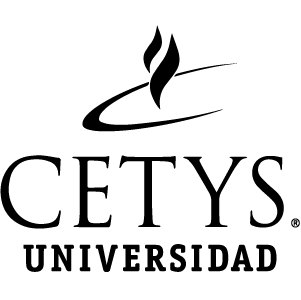https://repositorio.cetys.mx/handle/60000/1728| Campo DC | Valor | Lengua/Idioma |
|---|---|---|
| dc.contributor.author | López-Leyva, Josué Aarón | - |
| dc.contributor.author | Ponce Camacho, Miguel Ángel | - |
| dc.contributor.author | Valadez-García, Alfredo | - |
| dc.contributor.author | Ramos-García, Víctor Manuel | - |
| dc.contributor.author | Mena-Ibarra, Hania Nered | - |
| dc.date.accessioned | 2024-02-19T21:13:54Z | - |
| dc.date.available | 2024-02-19T21:13:54Z | - |
| dc.date.created | 2022-01 | - |
| dc.date.issued | 2022-02 | - |
| dc.identifier.uri | https://repositorio.cetys.mx/handle/60000/1728 | - |
| dc.description.abstract | This paper shows an analysis of the entrepreneurship intentions patterns in the short, medium, and long term of Mexican university students. The entrepreneurship patterns analysis was carried out using a customized artificial neural network considering as inputs the self-assessment of multiple intelligences from an interdisciplinary perspective. Thus, many important findings reveal that not all multiple intelligences have a direct and proportional impact on entrepreneurship intention. In fact, Linguistic–Verbal Intelligence, Intrapersonal Intelligence, and Interpersonal intelligence are the types of intelligence that have the greatest influence on entrepreneurial intentions. In addition, the performance metrics of the ANN for classifying the entrepreneurship intentions are higher than the ones reported in the literature (i.e., accuracy ≈ 99.29%, precision ≈ 98.89%, sensitivity ≈ 99.53%, and specificity ≈ 99.01%). The paper contributes to the literature on the deep understanding of entrepreneurs’ behavior concerning the strengths and weaknesses of their multiple intelligences. Besides, this interdisciplinary empirical work contributes to improving the design of methods and techniques to strengthen entrepreneurship from the earliest stages of students’ lives and promote sustainable businesses. The most surprising finding was the minimal relationship of Naturalistic Intelligence to undertake sustainable and robust projects, which demands more detailed and in-depth analysis. Finally, some proposals are presented to improve the teaching process of entrepreneurship and sustainability, considering the artificiality, sustainability, and entrepreneurship involved in academic programs at universities. | es_ES |
| dc.description.sponsorship | MDPI Academic Open Access Publishing | es_ES |
| dc.language.iso | en_US | es_ES |
| dc.relation.ispartofseries | vol. 14;núm. 4 | - |
| dc.rights | Atribución-NoComercial-CompartirIgual 2.5 México | * |
| dc.rights.uri | http://creativecommons.org/licenses/by-nc-sa/2.5/mx/ | * |
| dc.subject | Entrepreneurship intention | es_ES |
| dc.subject | Multiple intelligence | es_ES |
| dc.subject | Study program innovation | es_ES |
| dc.subject | Entrepreneurship | es_ES |
| dc.subject | Education challenges | es_ES |
| dc.subject | Technology applied | es_ES |
| dc.title | Entrepreneurship intentions analysis of mexican university students using an artificial neural network to promote sustainable businesses: an interdisciplinary perspective | es_ES |
| dc.title.alternative | Sustainability | es_ES |
| dc.type | Article | es_ES |
| dc.description.url | https://www.mdpi.com/2071-1050/14/4/2280 | es_ES |
| dc.identifier.doi | https://www.mdpi.com/2071-1050/14/4/2280# | - |
| dc.identifier.indexacion | Scopus | es_ES |
| dc.subject.sede | Sistema | es_ES |
| Aparece en las colecciones: | Artículos de Revistas | |
| Fichero | Descripción | Tamaño | Formato | |
|---|---|---|---|---|
| sustainability-14-02280.pdf | 2.57 MB | Adobe PDF |  Visualizar/Abrir |
Este ítem está protegido por copyright original |
Este ítem está sujeto a una licencia Creative Commons Licencia Creative Commons


